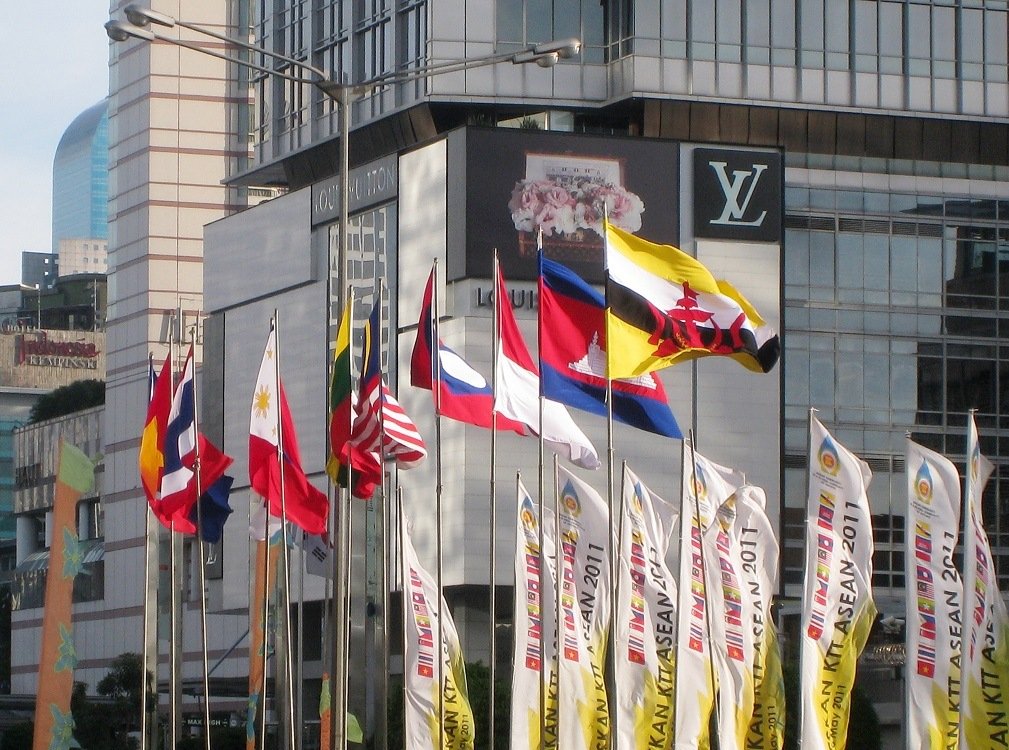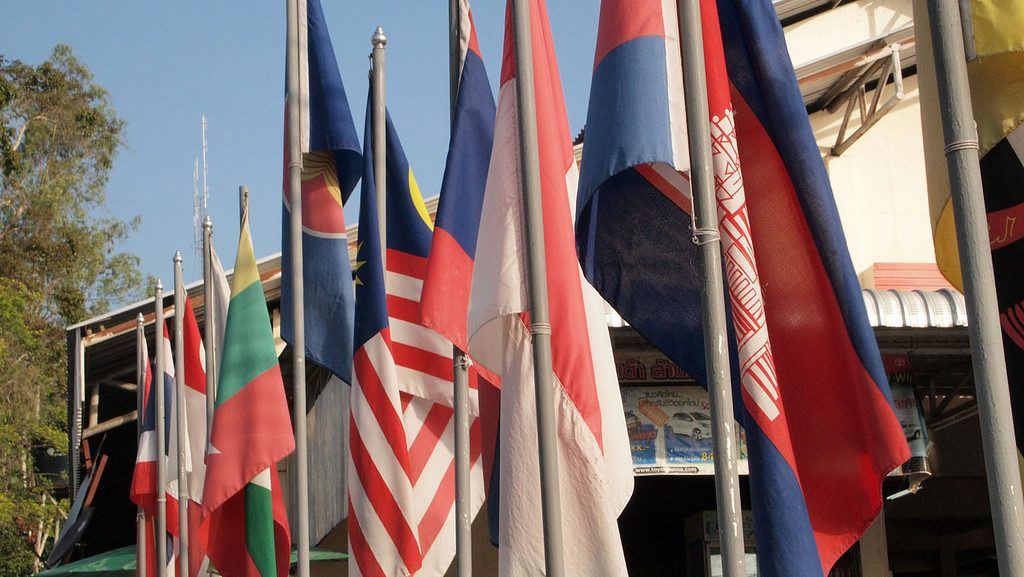Markets
Can the ASEAN Economic Community avoid the path to Brexit?
With Brexit, there are concerns that ASEAN could go the same way as the EU in the years to come.

The lessons and the anticipated aftermath of Brexit cannot but help trigger similar concerns for the 10-member ASEAN. What can stop the fledgling ASEAN Economic Community (AEC) from going the way of the EU, years from now?
The ones affected the most are asking these questions. They’re locked on to their favorite news apps like Bloomberg, Born2Invest, and BBC, hanging on to every development.
First, it is important to understand the kind of organization that constitutes and supports the AEC. According to the Asian Development Bank, the member nations seek to create “a single market and production base…which will allow the free flow of goods, services, investments, and skilled labor, and the freer movement of capital across the region.” These nations are Brunei, Indonesia, Malaysia, Philippines, Singapore, Thailand, Cambodia, Lao People’s Democratic Republic, Myanmar, and Viet Nam.
Their potential for trade and the resulting fiscal growth is enormous. Their combined gross domestic product was $2.4 trillion in 2013, while their total merchandise exports were valued at $1.2 trillion. Furthermore, their 600-million-strong market is larger than that of the European Union or North America. The ASEAN’s labor force is the second-youngest in the world, right next to China and India.
Second, it is important to note the significant differences—cultural, historical, and not just economic—between the EU and the ASEAN. These differences make the sounds of alarm premature, says Reuben Wong, Associate Professor of the National University of Singapore. The ASEAN’s efforts toward integration have been slow deliberately. Their members avoid long-term, politically divisive contracts or partnerships that would trigger sensitive issues.
It also makes it a point to respect the sovereignty of each member-nation. Generally, the organization tends to become more flexible in coming to an agreement about sensitive issues. Prior to Brexit, the EU would advocate unity and agreement even if these come at a high price. Conversely, ASEAN members negotiate and arrive at a resolution that may not be perfect, but at least acceptable to all.
The Asian penchant for “saving face” and a high value for the community may be part of the reason. Ideology is another. After the Cold War, the EU came together with a vision of one united continent. These were former or current world powers that wanted unity as a show of strength.
In contrast, the ASEAN worked to boost the sovereignty of each member nation, many of which had just achieved political independence. As Wong points out, “ASEAN states used their organization to guarantee and build each nation-state’s sovereignty. Non-interference in the domestic affairs of each state and weak centralized coordination (a secretariat did not even come into existence until 1976) were sacrosanct principles.”
Following ASEAN’s example
This ASEAN approach is crucial in light of reports that other EU nations are contemplating their own Brexit-like referendum. Certain parts of Italy, France, and Denmark believe the EU’s position on issues like terrorism places the organization’s interests above theirs. Rightly or wrongly, they believe that there may be no room for maneuver; separation may be the only way out, and not merely a last resort. On the other hand, the absence of iron-clad commitments can allow the ASEAN members to respond individually to each crisis or issue, without breaking away from the organization.
Another advantage that the ASEAN has is that it does not face the same issues that are rocking Europe into turmoil, such as the immigration influx as well imminent and/or constant terrorist attack from groups like ISIS. The growth of their communities from within their own borders tends to neutralize any sector from being totally marginalized, which in turn nips in the bud the build-up of social tension that makes people sensitive to militant extremism.
What can make ASEAN work in this flexible environment is the commitment to learn from one another the systems and practices of good governance and private sector initiative. As noted by the East Asia Forum, the future looks promising for this side of the world. Five of its members—Myanmar, Indonesia, the Philippines, Viet Nam, and Malaysia—are poised to join the top 15 investment destinations in the world. Expect the global business community to be watching.

-

 Crypto2 weeks ago
Crypto2 weeks agoBitcoin Rebounds Above $70K as Crypto Markets Show Fragile Signs of Recovery
-

 Crypto20 hours ago
Crypto20 hours agoIntesa Sanpaolo Signals Institutional Shift With Major Bitcoin ETF Investments
-

 Biotech1 week ago
Biotech1 week agoEurope Launches Personalized Cancer Medicine Initiative
-

 Impact Investing2 weeks ago
Impact Investing2 weeks agoEnfinity Launches First Solar Plant in Italy with Microsoft

























